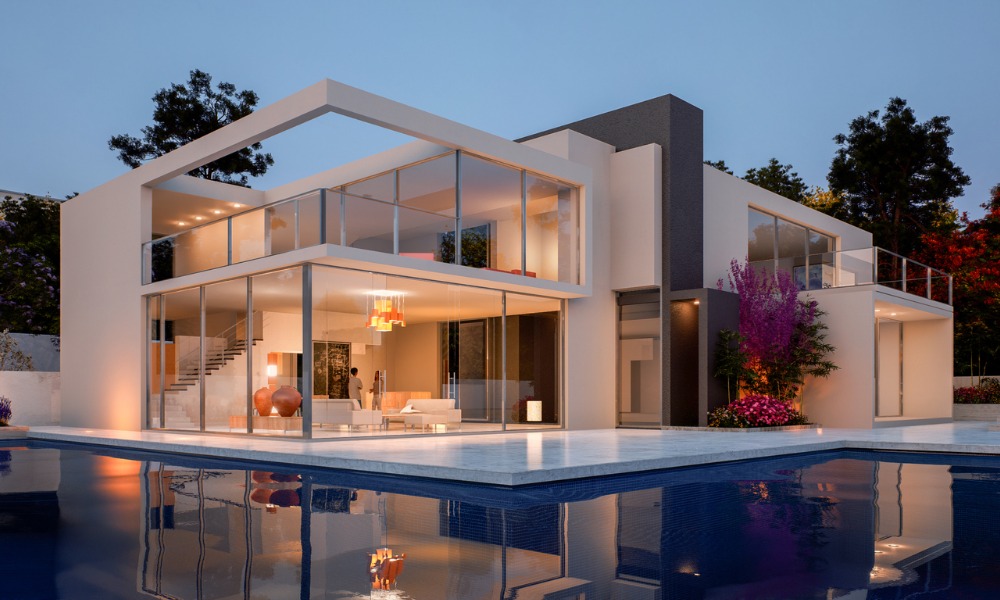Buyers know exactly what they want and are willing to wait, report shows

Luxury real estate markets across Canada are showing consistent trends as buyers remain selective and patient, according to the 2024 Royal LePage Carriage Trade Luxury Market Report.
The report revealed that while overall sales of luxury homes increased in most major Canadian cities during the first eight months of the year, prices in the high-end segment have remained relatively stable, with fewer dramatic peaks and drops compared to the mainstream market.
“Homes typically trade hands at the high end of the market at a slower pace than we see in the industry overall, as the funnel of potential purchasers narrows as the price of properties climbs,” said Phil Soper, president and CEO of Royal LePage. “This affords luxury buyers the luxury of acting more deliberately, taking their time in a quest to find exactly the right home.”
Soper noted that despite varying market conditions across provinces, the dynamics of the luxury real estate market are consistent coast to coast: buyers in this segment are selective and less likely to rush into a purchase.
Luxury sales activity
While sales in the luxury market have seen gains in cities like Winnipeg, Edmonton, and Calgary, the most expensive markets – Vancouver, Toronto, and Halifax – saw fewer transactions.
The Prairie provinces recorded some of the strongest sales growth in the luxury segment, reflecting the resilience of their overall real estate markets, especially in Alberta, which continues to attract buyers from out of province. Quebec City also experienced a significant rise in luxury home sales.
Despite this increase in sales, price fluctuations have been modest. Some regions posted slight price increases, while others saw small declines. Royal LePage predicted that the fall market will remain active, driven by consumer confidence in the stability of the housing market.
According to Royal LePage’s regional luxury market experts, buyers in this segment are highly discerning. The decision to purchase is influenced by more than just location or amenities. Confidence in the economy and future housing prices often drives decisions in the luxury market.
“Luxury buyers typically have the means to be picky,” Soper said in the report. “Their home buying decisions are shaped by more than the desire to live in a particular neighbourhood or to enjoy very specific high-end features and amenities. Often, their decision whether to buy or not is driven by their confidence in the health of the overall economy and the direction they see housing prices headed.
“Our research shows those in the higher end of the housing market have a very positive outlook on the long-term stability and appreciation potential of Canada’s housing stock.”
In regions with high construction costs, the demand for fully-renovated, turn-key properties is increasing, while in others, buyers are willing to invest in custom-built homes despite longer timelines and higher costs.
Additionally, luxury homebuyers are generally less affected by rising interest rates, unlike the mainstream market. Many buyers in this segment can make large down payments or pay in cash, reducing their need for high-leverage mortgages.
Read next: Foreign homebuyer ban fails to curb prices or boost inventory, Royal LePage finds
“Many buyers in the luxury market segment do not require high-leverage mortgages, where the amount borrowed relative to the value of the underlying property is large,” Soper added. “In fact, it is common to see expensive homes purchased with very substantial down payments, or even fully in cash.”
With consumer confidence high and a positive outlook on long-term housing appreciation, the luxury real estate market in Canada is expected to remain stable and active in the months to come.
Make sure to get all the latest news to your inbox on Canada’s mortgage and housing markets by signing up for our free daily newsletter here.



